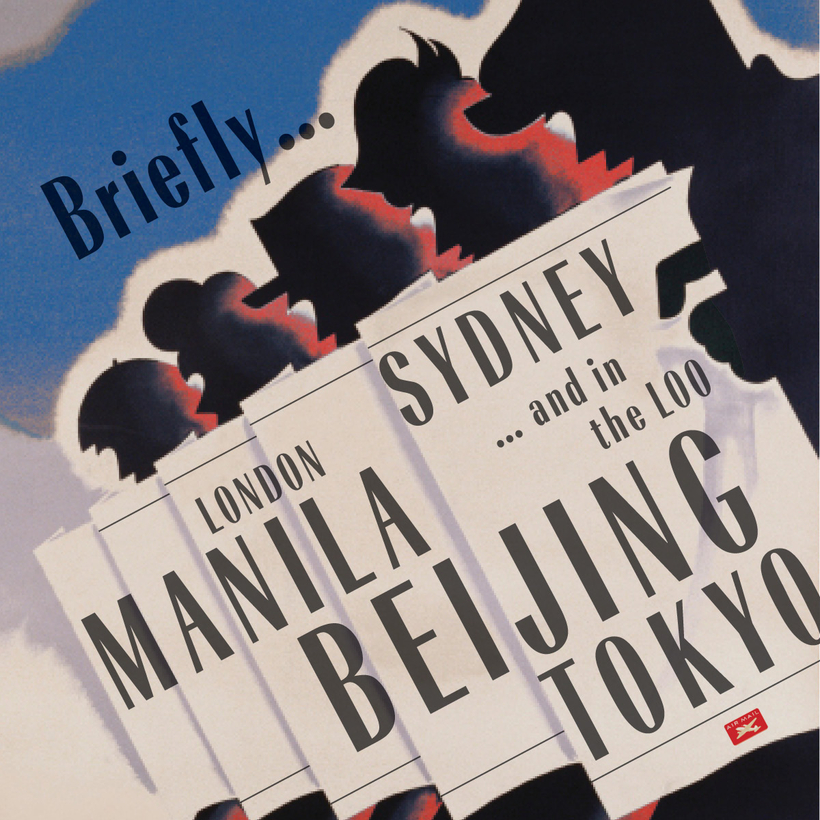In Sydney …
Security issues
Ultimately for Darko Desic, lockup held more appeal than lockdown. Jailed in Australia in 1991 for growing marijuana, Desic sawed through prison bars a year later and had been on the lam since. But last week, according to The Times of London, he “walked into a Sydney police station and told disbelieving officers that he wished to hand himself in.” The pandemic had made jobs hard to come by and left him homeless. Time to rethink the clink.
For 30 years, Desic had kept a low profile, working as a laborer for cash. A model escaped convict, he’d been so law-abiding that he was no longer listed as AWOL in the police computer system, and immigration authorities—he’s from the former Yugoslavia—had stopped looking for him. Now he’ll resume his prison sentence for another 13 months before becoming eligible for parole, but worse, his long-ago jailbreak carries a maximum penalty of seven years.


